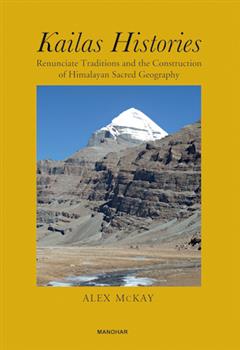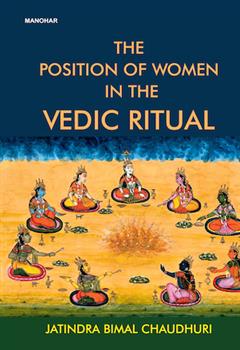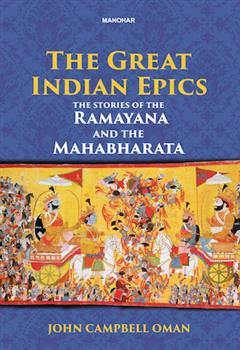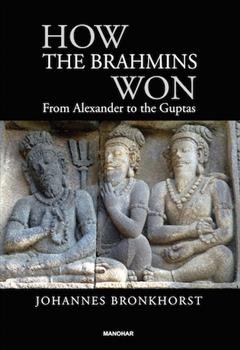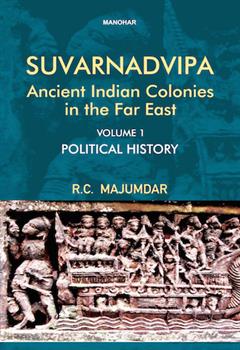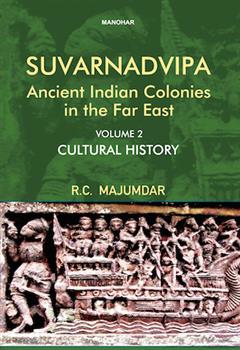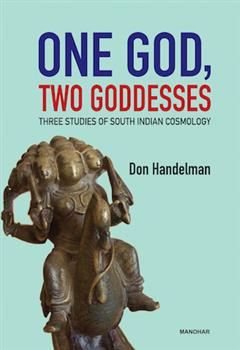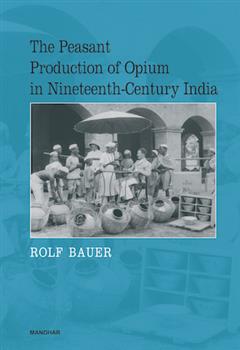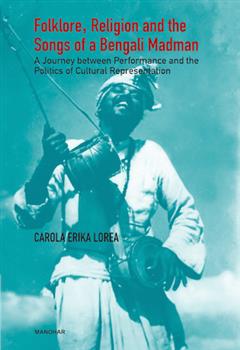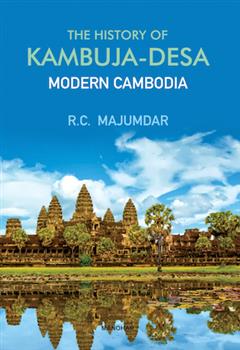History
Featured Products
Kailas Histories: Renunciate Traditions and the Construction of Himalayan Sacred Geography
₹2,129.05
M.R.P.:₹ 2,695.00
You Save: ₹565.95 (21.00% OFF)
The Great Indian Epics: The Stories of the Ramayana and the Mahabharata
₹766.15
M.R.P.:₹ 995.00
You Save: ₹228.85 (23.00% OFF)
How the Brahmins Won: From Alexander to the Guptas
₹2,366.05
M.R.P.:₹ 2,995.00
You Save: ₹628.95 (21.00% OFF)
Suvarnadvipa: Ancient Indian Colonies in the Far East (Vol. 1), Political History
₹1,260.05
M.R.P.:₹ 1,595.00
You Save: ₹334.95 (21.00% OFF)
Suvarnadvipa: Ancient Indian Colonies in the Far East (Vol. 2), Cultural History
₹1,260.05
M.R.P.:₹ 1,595.00
You Save: ₹334.95 (21.00% OFF)
One God, Two Goddesses: Three Studies of South Indian Cosmology
₹1,382.50
M.R.P.:₹ 1,750.00
You Save: ₹367.50 (21.00% OFF)
The Peasant Production of Opium in Nineteenth-Century India
₹1,382.50
M.R.P.:₹ 1,750.00
You Save: ₹367.50 (21.00% OFF)
Folklore, Religion and the Songs of a Bengali Madman: A Journey Between Performance and the Politics of Cultural Representation
₹1,659.00
M.R.P.:₹ 2,100.00
You Save: ₹441.00 (21.00% OFF)
The History of Kambuja-Desa: Modern Cambodia
₹788.40
M.R.P.:₹ 1,095.00
You Save: ₹306.60 (28.00% OFF)


